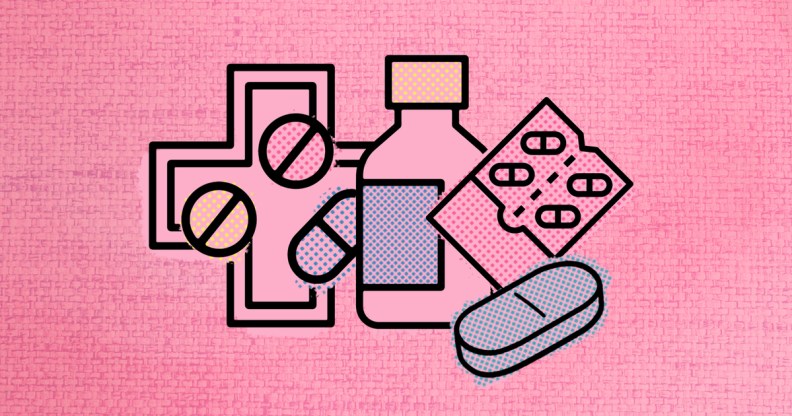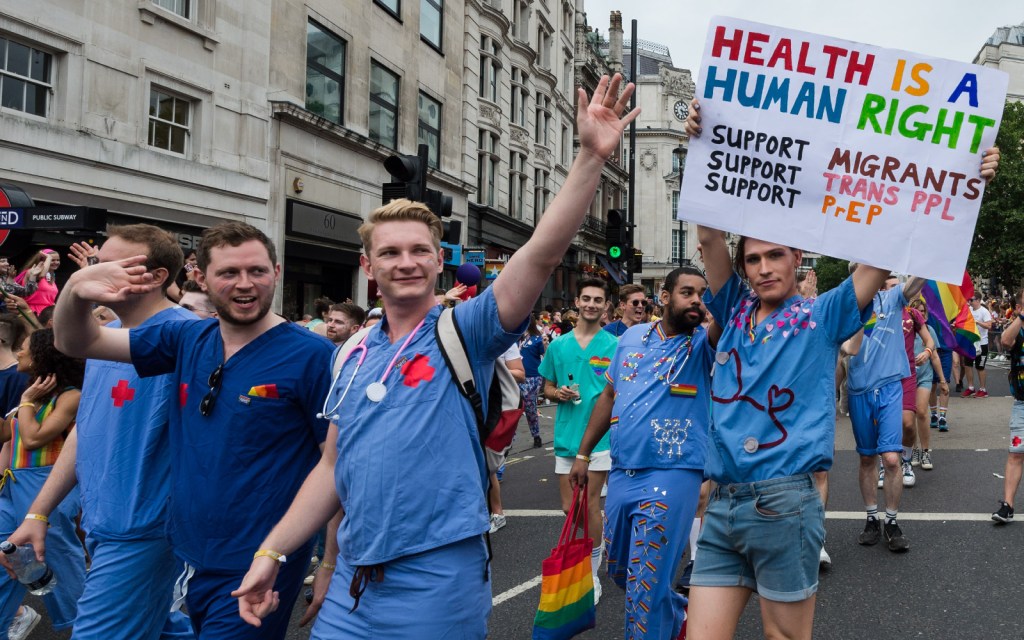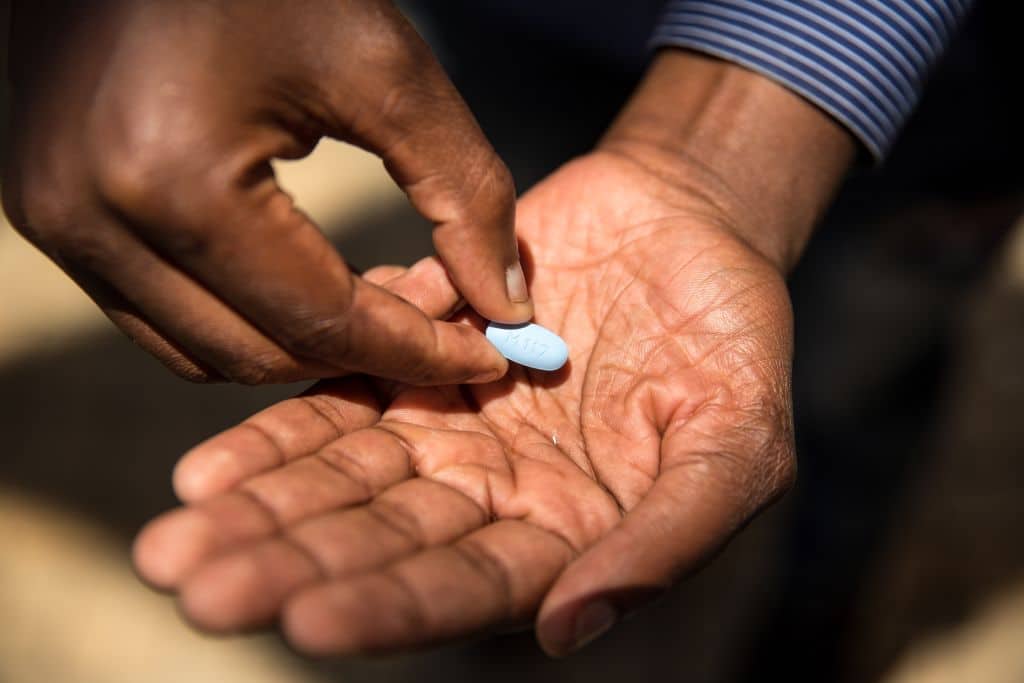World AIDS Day: People unable to access PrEP as sexual health services at ‘breaking point’

The CDC are looking at new ways to combat the spread of STIs in at-risk groups. (PinkNews)
When pre-exposure prophylaxis (PrEP) arrived on the market, it was a game changer.
When taken daily, PrEP prevents a person from contracting HIV. It’s thought to reduce the risk of HIV transmission by 99 per cent.
But that doesn’t mean it’s all been plain sailing. In the UK, around two-thirds of people are unable to readily access PrEP, according to a recent report from HIV charities. Problems persist within the system, from lengthy waiting lists to outright rejections.
That report found that most people wait longer than 12 weeks for an appointment at a sexual health clinic to access PrEP.
It highlighted one particularly heartbreaking case of a man who was denied PrEP and subsequently contracted HIV.
Speaking to PinkNews ahead of World AIDS Day, activists and sexual health service staff painted a picture of a creaking system that’s struggling to keep up with demand due to a lack of funding and limited resources.
Thrown into the mix is the COVID-19 pandemic and the monkeypox outbreak, both of which have diverted attention away from the UK’s battle to end new HIV transmission by 2030. The outlook is not good, and those working in the sector are increasingly frustrated by the lack of joined-up thinking in the system.
PrEP is ‘absolutely critical’
Claire Dewsnap, president of the British Association for Sexual Health and HIV (BASHH), tells PinkNews that a decrease in funding and inflation means that sexual services are stretched thin.

“Relatively speaking your budget to deliver the work that you are supposed to be delivering has gone down pretty significantly wherever you are and in some places that’s worse than others,” she says.
The result is that sexual health services don’t have enough staff, so they’re having to prioritise urgent care. Preventative work, such as PrEP, ends up taking a back seat.
“To me, every new diagnosis of HIV is a tragedy and a wasted opportunity. Nobody should be catching HIV or acquiring HIV in this day and age,” Dewsnap says.
“It’s a disaster that somebody caught HIV and had actually said, I need this. And that to me is a poor performance that needs addressing through training and updating.”
‘Breaking point’
Danny Beales, head of policy and campaigns at the National AIDS Trust, echoes that. He says sexual health services are trying to do “more with less” as funding keeps being cut.
“COVID massively impacted services, so services ran a lot less face-to-face appointments, shifted testing online, staff were redeployed, and then straight after COVID, just as services were trying to recover, the monkeypox outbreak happened and that’s been dealt with by sexual health services.

“They have had no resources to deal with monkeypox as an additional challenge. Services are really stretched, and in many places it seems that increasingly they’re struggling to meet demand for things like PrEP.
“It’s indicative of sexual health services being at breaking point.”
The result is that more people will end up contracting HIV. That’s a message he wants the government to hear.
“Without action more people will be diagnosed with HIV unnecessarily where it could have been prevented from prompt access to PrEP,” he says.
“We know that more people will be diagnosed with STIs, more people will have unplanned pregnancies unless services get the resources they need.
“If the government is really serious about ending transmissions, preventing HIV cases, then it needs to give services the resources to do that.”
Inequalities are worsening
Richard Angell, campaigns director at the Terrence Higgins Trust, says it was an “absolute nightmare” when monkeypox hit as it added more work to strained sexual health services.
“The system is creaking,” he says. “We had existing problems before and monkeypox kind of added to them in a way that was catastrophic.”
For Greg Owen, co-founder of iwantPrEPnow.co.uk, part of the solution is in giving PrEP to everybody who says they need it.
Meanwhile, more work must be done to get underrepresented groups taking PrEP, many of whom remain at risk of contracting HIV.
“The majority of people using PrEP at the moment are cis, white gay men in large urban areas, normally 25 to 45, reasonably information savvy and connected into those information networks,” he says.
“So if the system is failing those people who are highly motivated and clued up and very proactive in trying to access PrEP and failing, we are further compounding the inequalities we see in the HIV response year on year.”

